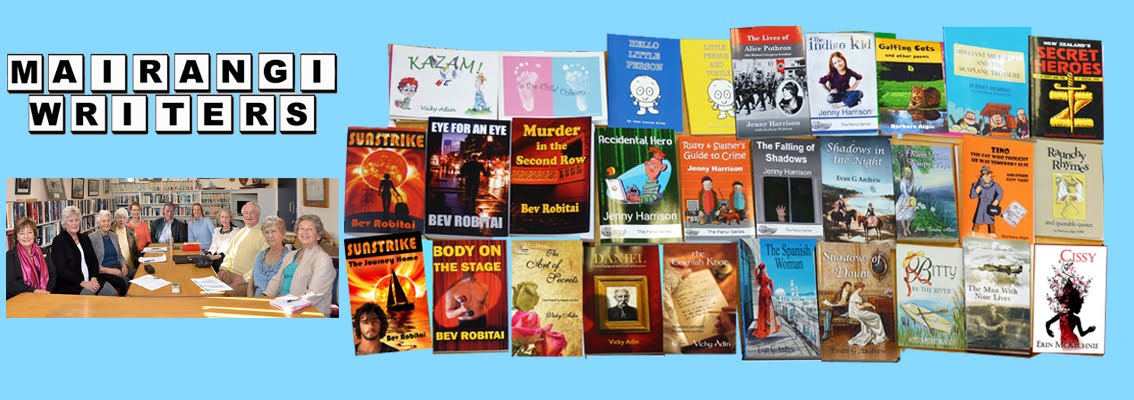Young men preparing to leave for WW2 were part of my days but it was the wives, mothers, sisters, and daughters who surrounded me. I came from a family of five daughters. While my father worked the tides and shovelled shingle, sand, and rocks onto barges to cart down for the building of the Whenuapai Air Force Airport, as well as running his own cartage business; we girls were helping Mum stretch the butter, eggs and sugar rations. We made up prisoner of war parcels to send overseas and we knitted. I was learning to knit scarves, my sisters knitted scarves and balaclavas and learnt to knit socks on four needles so that no seams would irritate a soldier’s feet. Mum knitted the gloves and mittens because they were done on four needles and she was the expert. All these were sent to the boys to keep them warm.
We supported Mother England and our country and were patriotic to the core. As a five year old New Zealander I could sing ‘Maori Battalion March to Victory’ with the best of them and by seven I sang “Keep the Home Fires Burning … ‘til the boys come home,” with feeling. We were taught that crying was a waste of time; so we sang. We sang on boats, on trains, around pianos and in halls. We sang with uncles, aunts, cousins and friends and neighbours. We sang to those leaving for War and to those coming back. Songs filled our hearts and fuelled our determination to help our ‘boys’ to victory.
I remember saying goodbye: to my big cousins and to my sister’s friends in Army, Navy or Air Force uniforms.
I remember when they came back; some who walked with an empty sleeve, or a scarred face; some who walked with crutches; and the ones who came home very quiet.
And I remember the ones that didn’t come back.
And still the personal childhood sounds that come to me occasionally, in the night, or on a gentle afternoon, are the sounds I had never heard before; the haunting sounds of marching feet; of crying women; of kisses and goodbyes; and, personally, of the sounds of aeroplane engines in the skies. For in the later years of the war, when New Zealanders watched their skies for enemy aircraft, any plane engine within range of our small school was used as Air Raid Drill.
Even now I hear around me my little friends and the light thudding of our feet as we run, in unacknowledged fear, for the long ditch at the bottom of the school paddock, where we crouch, heads down, waiting, in perfectly trained silence, for the engine in the sky to fade and fly away, to leave us alone.
I wrote River at War for all those people anywhere who were left behind; those who gave and worked and who kept on giving and working with amazing love and with unsung bravery to do their best for their country and for their men at war. May their blood, sweat and tears and the loss of their loved ones never be forgotten.
You can watch a video of Jean giving this speech here... https://vimeo.com/126911832
River at War by Jean
Louise Allen is the story of Miriam, the daughter of
the main protagonist in my first book River
River Raupo Rye. Miriam is an adolescent in the forerunning years to WW2,
reaching maturity in the troubled times of the War itself. She chooses her
life’s work against some opposition but is determined on her career. Strong
minded, resolute and loving, Miriam faces many challenges, many struggles in
her growing years. Will her loved one return? Will her country be safe? Will
her work, family and two careers be too much for her young shoulders? And how
will she survive the demands of the times? This is a feisty book that
encompasses more than Miriam and her family. It is alive with the throb of
friends, their town and the appalling hardships only war can bring. New Zealand
as it used to be. Raw at times; gentle at times; gutsy throughout.
You can find River at War and all Jean's books here on her Amazon author page... http://www.amazon.com/Jean-Louise-Allen/e/B00VDSBRY6/ref=dp_byline_cont_pop_book_1
